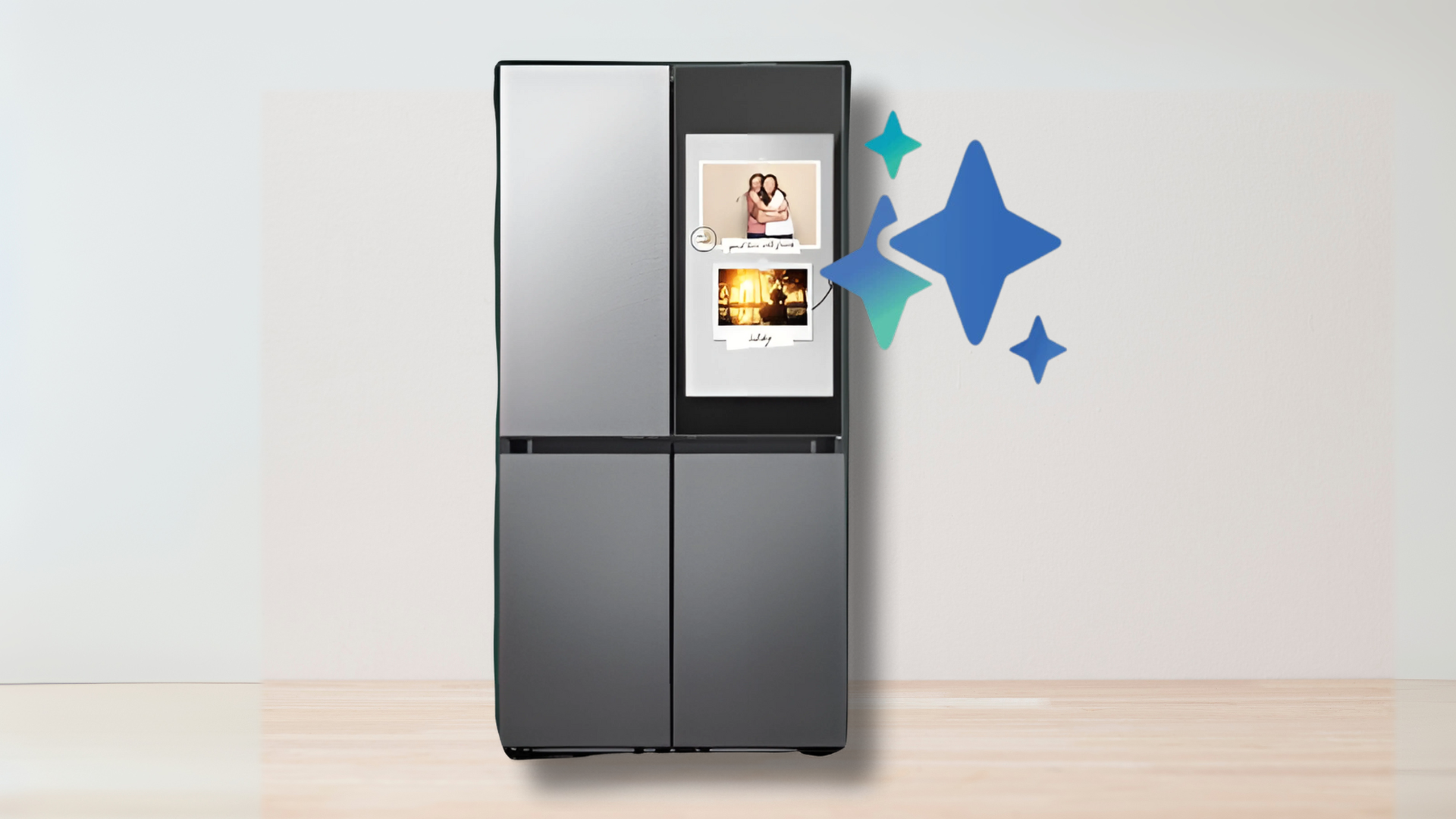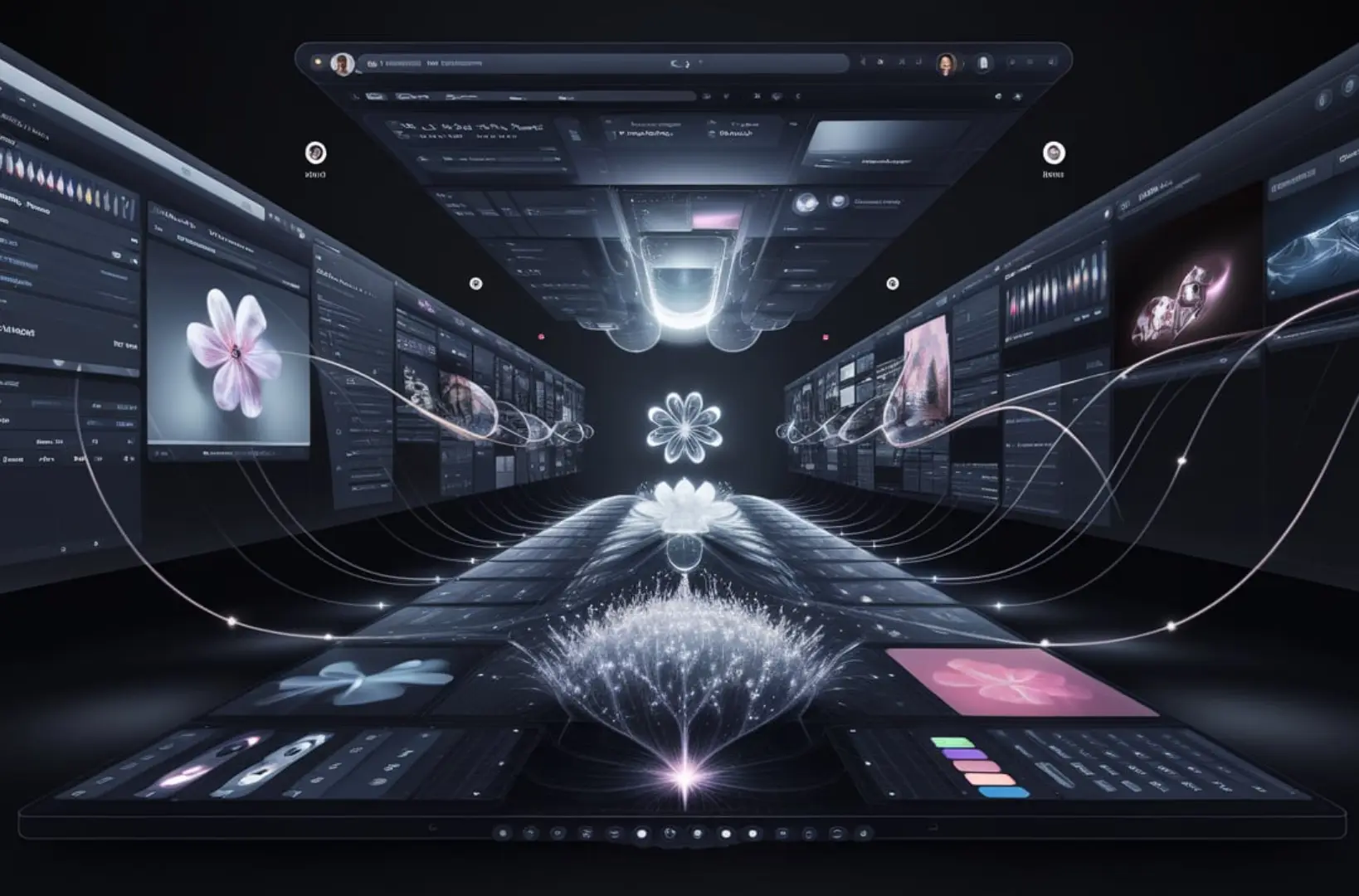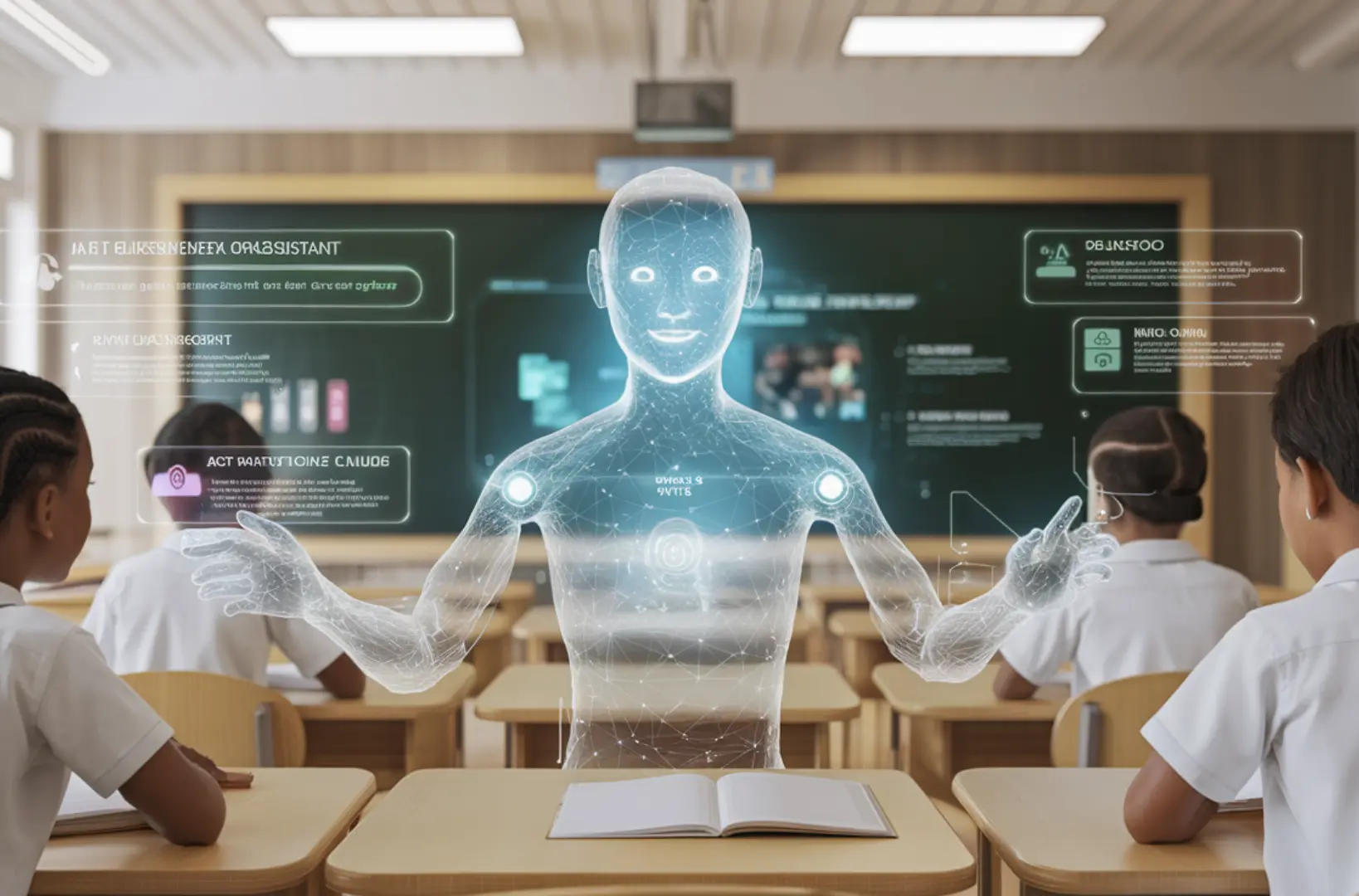At the highly anticipated CES 2025, Samsung introduced its latest innovation: AI Hybrid Cooling Refrigerators. This revolutionary technology combines the power of artificial intelligence with advanced cooling mechanisms, promising to redefine food storage and energy efficiency. With a focus on sustainability and convenience, Samsung’s new line of refrigerators is designed to cater to the evolving needs of modern households. Let’s dive deeper into what makes this innovation so groundbreaking.
A Glimpse Into AI Hybrid Cooling Technology
Samsung’s AI Hybrid Cooling Technology is a blend of smart sensors, intelligent algorithms, and cutting-edge cooling systems. This hybrid approach addresses two significant challenges: maintaining optimal food freshness and reducing energy consumption. Here’s how it works:
- Smart Sensors and AI Integration: The refrigerators are equipped with sensors that monitor internal and external conditions, such as temperature, humidity, and user habits. The AI algorithms process this data to make real-time adjustments to the cooling system, ensuring consistent performance.
- Dual-Cooling Mechanism: Unlike traditional cooling systems, the hybrid approach uses separate cooling mechanisms for the refrigerator and freezer compartments. This prevents odor mixing and maintains the ideal temperature and humidity levels for each section.
- Energy Efficiency: By analyzing user behavior, the AI system predicts peak usage times and adjusts cooling intensity accordingly. For instance, it lowers power consumption during periods of minimal use, such as at night.
Key Features and Benefits
Samsung’s new refrigerators stand out not only for their technology but also for the user-friendly features they bring to the table. Here’s what users can expect:
1. Optimized Food Preservation
With precise temperature and humidity control, the refrigerators extend the shelf life of fresh produce, dairy, and meats. The AI algorithms ensure that delicate items like fruits and leafy greens are stored in the most favorable conditions.
2. Remote Control and Monitoring
Thanks to Samsung’s SmartThings integration, users can monitor and control their refrigerator from anywhere. Forgot to close the door? The app sends a notification. Want to adjust the temperature while on vacation? It’s just a tap away.
3. Customizable Storage Solutions
The interior design is highly flexible, with adjustable shelves and compartments tailored to meet diverse storage needs. Whether it’s a tall wine bottle or a bulky casserole dish, there’s space for everything.
4. Eco-Friendly Design
These refrigerators are built with sustainability in mind. They comply with stringent energy efficiency standards and utilize environmentally friendly refrigerants, reducing their overall carbon footprint.
How AI Hybrid Cooling Enhances Everyday Life
Simplifying Meal Preparation
The smart sensors and AI insights offer recommendations for food usage based on freshness levels. For instance, if certain vegetables are nearing their expiration, the connected app can suggest recipes to use them. This not only reduces food waste but also makes meal planning more efficient.
Reducing Household Costs
With optimized energy usage, households can expect noticeable savings on electricity bills. The AI’s ability to regulate cooling cycles minimizes unnecessary power consumption, making these refrigerators a cost-effective choice in the long run.
A Step Towards Smart Living
As homes become increasingly connected, Samsung’s refrigerators serve as a central hub for smart kitchen management. Whether syncing with other appliances or managing grocery lists, these refrigerators seamlessly integrate into the broader smart home ecosystem.
The Bigger Picture: Sustainability
Samsung’s commitment to sustainability shines through in this product line. The company has taken significant steps to address environmental concerns, such as:
- Reducing Food Waste: By keeping food fresh for longer, these refrigerators minimize the amount of spoiled food that ends up in landfills.
- Energy Efficiency: The AI Hybrid Cooling Technology meets and exceeds global energy efficiency standards, helping users reduce their carbon footprint.
- Eco-Friendly Materials: Samsung has used recyclable and durable materials in the construction of these refrigerators, ensuring longevity and minimal environmental impact.
For more details on Samsung’s sustainability initiatives, visit their sustainability page.
Consumer Reactions and Market Impact
The unveiling of Samsung’s AI Hybrid Cooling Refrigerators at CES 2025 has generated significant buzz. Early reviews highlight the potential for these refrigerators to transform how we think about food storage and energy consumption.
Positive Feedback
Many tech enthusiasts and industry experts have praised the combination of advanced technology and practical design. The refrigerators’ ability to adapt to user habits and improve food preservation is seen as a major step forward in appliance innovation.
Competitive Edge
By integrating AI and IoT features, Samsung has positioned itself as a leader in the smart appliance market. This innovation is likely to set a new benchmark, prompting competitors to step up their game.
Consumer Accessibility
While premium in design and functionality, Samsung has announced plans to release models at various price points, ensuring accessibility for a broader audience.
Final Thoughts
Samsung’s AI Hybrid Cooling Refrigerators are more than just appliances – they’re a glimpse into the future of smart living. By addressing key consumer needs, from food preservation to energy efficiency, these refrigerators are set to revolutionize the kitchen experience. As homes become smarter and more connected, innovations like these pave the way for a sustainable and convenient lifestyle.
To explore Samsung’s full range of AI-enabled appliances, visit their official website. For updates on CES 2025 and other groundbreaking technologies, check out the CES official site.

Burhan Ahmad is a Senior Content Editor at Technado, with a strong focus on tech, software development, cybersecurity, and digital marketing. He has previously contributed to leading digital platforms, delivering insightful content in these areas.








